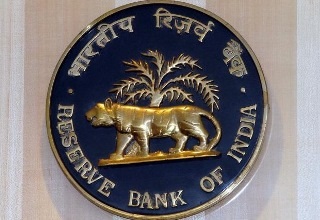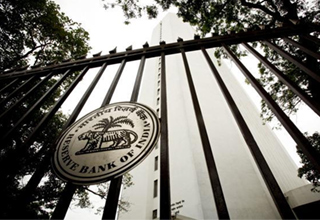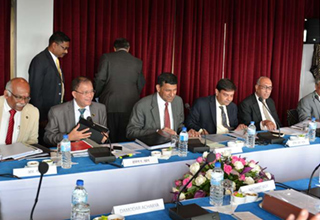RBI revises guidelines for mortgage guarantee companies
Updated: Aug 09, 2014 02:29:04pm

In the wake of representations received from the industry and keeping in view the long – term beneficial impact of development of the Mortgage Guarantee industry, it has been decided to make certain modifications to the existing guidelines, the apex bank said.
"While calculating capital adequacy of MGCs, mortgage guarantees provided may be treated as contingent liabilities and the credit conversion factor applicable to these contingent liabilities will be 50 per cent as against the present 100 per cent," RBI said in the notification.
As per the extant guidelines, MGCs have to provide for a lower appropriation to contingency reserves if provisions made towards losses exceeded 35 per cent of the premium or fee earned during a financial year, but it does not specify the exact level of such contingency reserves.
"In such a case, contingency reserves could go to a minimum of 24 per cent of the premium or fee earned, such that the aggregate of provisions made towards losses and contingency reserves is at least 60 per cent of the premium or fee earned during a financial year," the RBI said.
As per the extant instructions, a MGC may now utilise contingency reserves without prior RBI approval for the purpose of meeting and making good losses suffered by mortgage guarantee holders.
However, such a measure can be initiated only after exhausting all other avenues and options to recoup losses.
It has now been decided that investments made towards Government securities, quoted or otherwise, government guaranteed securities and bonds not exceeding the MGC’s capital may be treated as “Held To Maturity (HTM)” for the purpose of valuation and accounted for accordingly, RBI said.
Investments classified under HTM need not be marked to market and would be carried at acquisition cost, unless it is more than the face value, the RBI notification said.
The book value of the security should continue to be reduced to the extent of the amount amortised during the relevant accounting period.
However, if any security out of this HTM category is traded before maturity, the entire lot would be treated as securities held for trade and would have to be marked to market, the RBI said. (KNN/SD)











